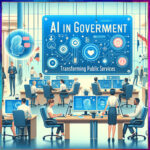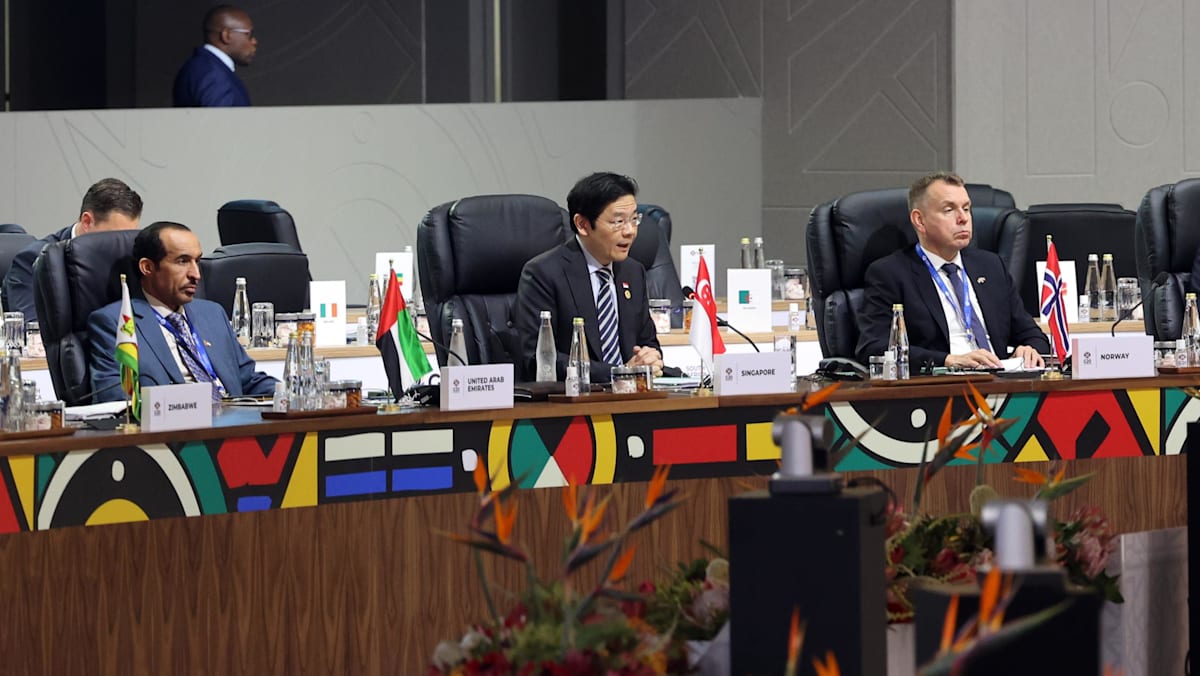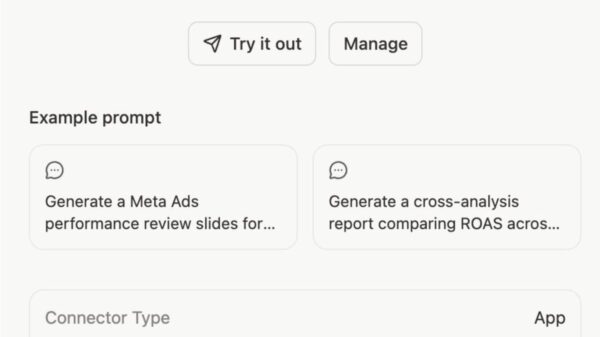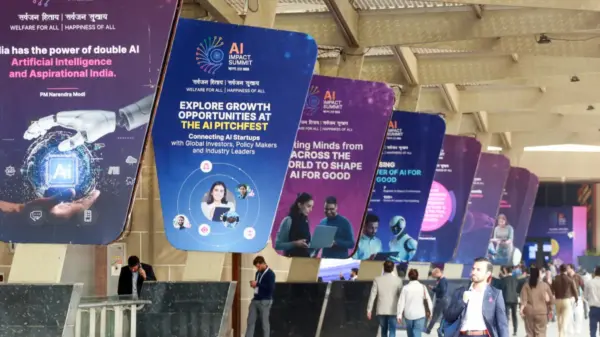At the recent G20 Summit in Johannesburg, Prime Minister Lawrence Wong of Singapore emphasized the importance of addressing the challenges associated with artificial intelligence (AI) while harnessing its potential for societal advancement. As global enthusiasm for AI continues to grow, with significant investments in infrastructure such as data centers, Wong stressed that governments must remain pragmatic and focused on responsible AI deployment.
“Our task is to ensure the responsible use of AI and to harness AI’s real and longer-term potential to build a more efficient and responsive government, and to raise productivity across every sector of the economy,” Wong stated during a panel discussion on creating a fair and just future.
AI’s Transformative Potential
Wong highlighted the “tremendous potential” of AI technologies to improve lives, noting that the world is still in the early phases of this technological journey. He acknowledged the natural exuberance surrounding AI but cautioned that governments should look beyond the hype. In Singapore, the government is already integrating AI into the public sector to streamline workflows and enhance service delivery, freeing up personnel to engage in higher-value tasks.
“For smaller enterprises, it could be as simple as accessing AI-powered software and tools,” Wong explained. “For larger companies, it will mean using advanced AI models or even developing in-house models to fundamentally redesign work processes and scale up new solutions.”
Addressing Workforce Concerns
One of the pressing issues raised during the summit is the impact of AI on jobs and livelihoods. Wong pointed out that it is crucial for governments worldwide to address these legitimate concerns. “In Singapore’s case, we work very closely and proactively with employers and unions to reskill and upskill workers and facilitate transitions where necessary to new and better jobs,” he remarked.
He offered the example of Singapore’s ports, where automation has enabled crane operators to manage cranes from climate-controlled rooms, replacing the harsh outdoor environments they previously endured. This transition leads to higher productivity and improved wages for workers.
Wong also praised India, Brazil, and South Africa for their efforts in examining how governments can promote decent work through AI, which he described as “key to a fair and just future for all.”
The Role of G20 in AI Development
During his address, Wong expressed optimism about the G20’s potential role in coordinating international efforts to leverage AI as an “engine for global growth and for good jobs for our people.” He emphasized Singapore’s eagerness to collaborate with other nations to achieve this goal.
As the AI landscape continues to evolve, Wong’s proactive stance illustrates a model for integrating advanced technologies while safeguarding societal interests. This balance is critical not only for economic productivity but also for ensuring that AI serves as a tool for equitable growth.
See also Researchers Unveil AI Adoption Framework for Higher Education and Government Sectors
Researchers Unveil AI Adoption Framework for Higher Education and Government Sectors Governments Accelerate Ethical AI Adoption for Enhanced Security and Citizen Trust
Governments Accelerate Ethical AI Adoption for Enhanced Security and Citizen Trust Amazon Invests $50B in Data Centers to Enhance AI Capabilities for US Government
Amazon Invests $50B in Data Centers to Enhance AI Capabilities for US Government Albanese Government Launches Australian AI Safety Institute to Mitigate Risks by 2026
Albanese Government Launches Australian AI Safety Institute to Mitigate Risks by 2026 Trump Launches AI ‘Genesis Mission’ to Enhance Federal Scientific Research
Trump Launches AI ‘Genesis Mission’ to Enhance Federal Scientific Research



































































